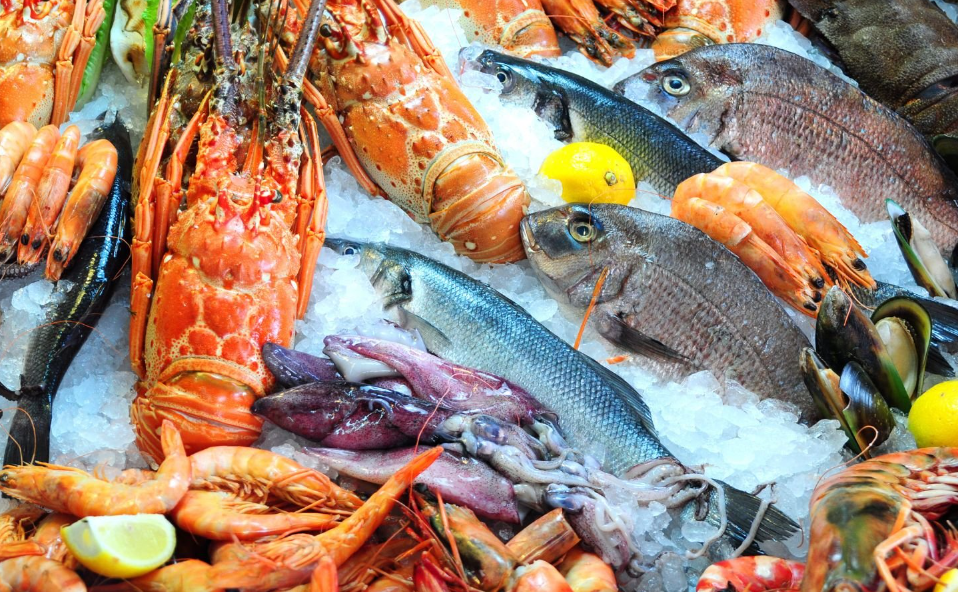If you eat fish, your meal may come with a side of toxic chemicals

PFAS, known as “forever chemicals,” are everywhere – in the air, our drinking water, the soil, and in rain. It’s thought that most humans and animals will have some amount of the chemicals in their blood. The main routes of exposure are through drinking water and eating food that contains them.
Now, a new study has found that people who eat a lot of “seafood” may be ingesting levels of forever chemicals that could pose a health risk. PFAS stands for per- and polyfluoroalkyl substances. There are at least 12,000 used in everything from make-up to nonstick cookware.
The study surveyed 1,829 adult and child residents of New Hampshire on their consumption of fishes and shellfishes. The researchers found that the most commonly eaten types of fishes contained 26 kinds of PFAS.
Research into the health impacts of PFAS has linked them to conditions including high cholesterol, ulcerative colitis, thyroid disease, testicular and kidney cancer, and birth defects. They may also compromise the immune system.
High seafood diets

The people surveyed in the study ate more seafood than the typical American. The adults ate an average of 33.9g a day, and the children ate an average of 5g a day. Shrimps, haddock, and salmon were the types of fishes and shellfishes most frequently eaten. The animals were mainly caught in the Gulf of Maine.
The researchers acquired samples of fish sold in the region and tested them for PFAS. Among those detected was perfluorooctane sulfonate (PFOS), found in concentrations posing a potential health risk to high consumers of shrimps in particular.
Following several major pollution events in Australia, Europe, and the US, the use of PFOS was eventually banned or restricted in most regions. But since forever chemicals, as the name suggests, don’t break down, PFOS remains in the environment.
The authors of the study said that though eating seafood has health benefits, these should be weighed against the risks posed by PFAS contamination. The growing popularity of the Atlantic Diet, which is high in fishes such as cod, may encourage people to eat more seafood.
PFAS in animal-based foods
PFAS can be ingested through all kinds of food. But several studies have found that animal-based foods are a particular route of exposure.
According to one recent study, people who consumer processed meats have higher levels of PFAS in their blood. Unprocessed pork also appeared to boost PFAS in the blood, suggesting that the pigs had high levels in their bodies.
Article Credit: plantbasednews